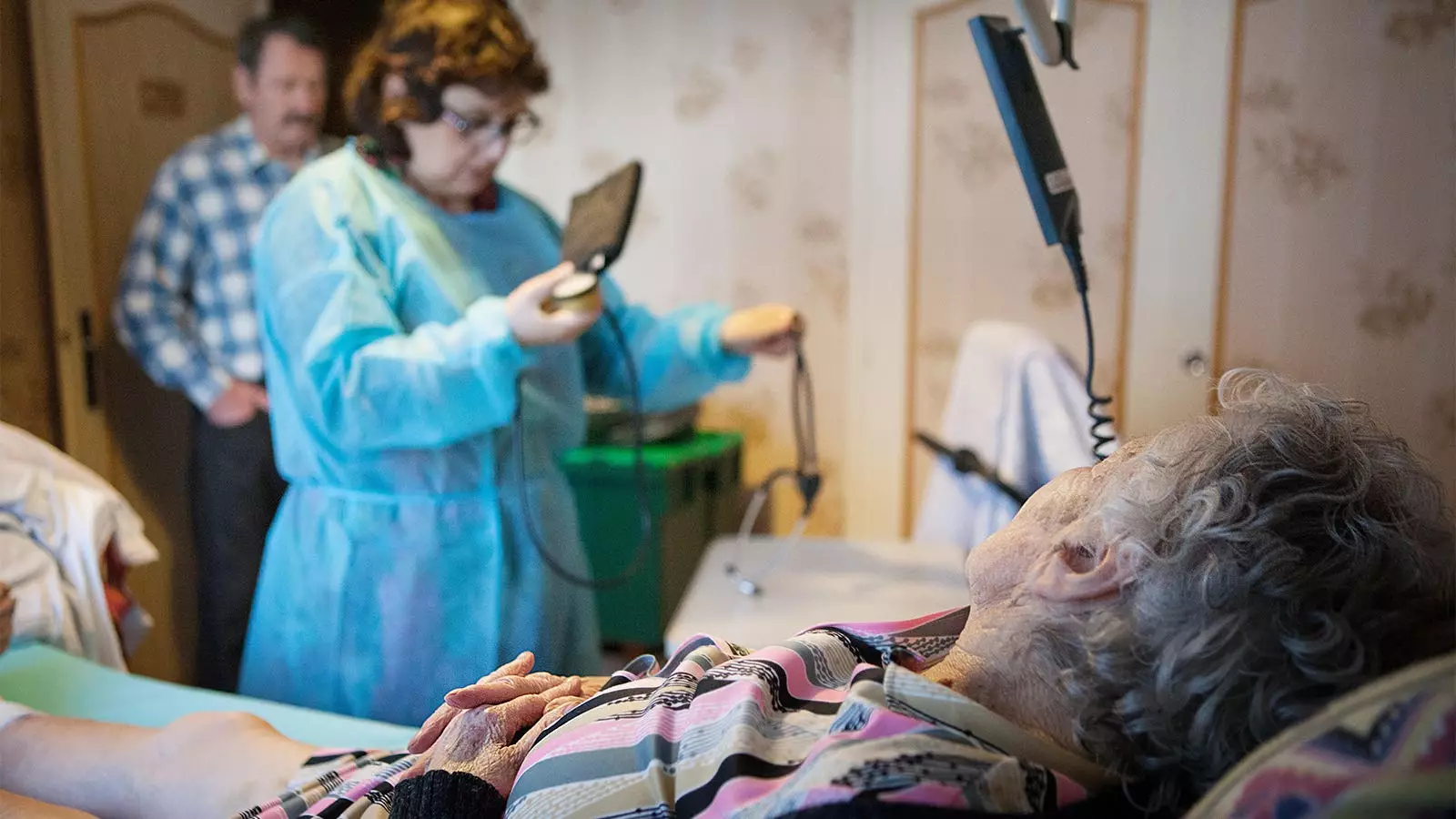In November 2020, the COVID-19 pandemic forced impossible choices upon hospitals, stretching their capacities to the brink. In response, the Centers for Medicare and Medicaid Services (CMS) launched the Acute Hospital Care at Home waiver, enabling hospitalization-level care within the comfort of patients’ homes. This initiative revolutionized the traditional healthcare model and provided essential relief for overwhelmed medical facilities. However, as the waiver approaches its sunset at the end of 2024, a critical examination is necessary to ensure the continuation and expansion of this innovative care model.
Since its introduction, over 300 hospitals across 37 states have seized upon this waiver to enhance patient care. The findings are compelling: a CMS report highlighted the benefits faced by over 11,000 patients receiving at-home hospital care, showcasing notably low rates for emergency hospital returns and readmissions. These statistics suggest that hospital-at-home care not only preserves the quality of healthcare but also contributes to improved outcomes for vulnerable populations, including those eligible for both Medicare and Medicaid.
Hospitals designed to accommodate care at home resonate with the principles of the Age-Friendly Health Systems movement, establishing evidence-based practices tailored to the needs of older adults. The 4Ms Framework—focusing on what matters to patients, medicines, mental health, and mobility—has become instrumental in shaping these programs, providing a holistic approach to patient welfare.
One of the cornerstone values of the hospital-at-home model is the emotional and psychological benefits for patients and their families. Hospitals can present an intimidating experience fraught with potential complications, including infections and physical deconditioning. Conversely, receiving care at home allows patients to surround themselves with familiar comforts—their loved ones, possessions, and personal spaces—contributing significantly to both emotional well-being and recovery. Family caregivers of patients treated at home have reported significantly lower stress levels compared to those managing loved ones in hospitals, suggesting a more supportive experience overall.
The collective endorsement of the hospital-at-home model from major healthcare organizations, such as the American Medical Association and the American Hospital Association, further illustrates its viability. In a landscape where patient preferences are paramount, this innovative care option is regarded as an essential alternative to traditional hospitalization.
Yet, for all its advantages, the hospital-at-home initiative faces critical challenges relating to accessibility and equity. As of now, only a fraction of state Medicaid programs recognize hospital-at-home care, preventing low-income individuals from reaping its benefits. Therefore, scaling up this model must involve addressing these disparities, ensuring that all patients—regardless of economic status or caregiving situations—can access high-quality care at home.
Additionally, in rural and underserved communities, health systems are experimenting with solutions to deliver hospital-at-home care effectively. The lessons learned about the feasibility of home-based care during the pandemic could serve as foundational findings to tackle inequities in healthcare access.
The Bipartisan Policy Center has made a strong recommendation for a five-year extension of the Acute Hospital Care at Home waiver. Such an extension would not only facilitate the growth and sustainability of hospital-at-home programs but would also empower the federal government to provide much-needed technical assistance and further research to enhance care delivery. Building on the strengths of these programs serves a dual purpose: improving patient outcomes and generating cost savings that could benefit the broader healthcare economy.
As we move towards the expiration deadline for this waiver, it is crucial that healthcare policymakers and organizations collaborate to advocate for this form of care. The transformational impact of hospital-at-home programs has been validated through robust research and positive patient experiences, thus presenting an irrefutable argument for its permanence in our healthcare framework.
The health crisis produced by the pandemic hastened the evolution of hospital-at-home care into an accessible and sustainable healthcare model that demonstrates improved patient outcomes. With the extension of the waiver looming, it represents an opportunity to solidify this change. We must ensure that older adults and vulnerable populations receive the critical care they deserve in the environments where they feel most secure and capable of healing—at home.
As acknowledged by Terry Fulmer, PhD, President of The John A. Hartford Foundation, the healthcare system must prioritize sustaining these innovations for the benefit of older adults in the U.S. Hospital-at-home care is not just an emergency response; it is a necessary component of modern healthcare delivery that ensures inclusivity, convenience, and quality care for all.


Leave a Reply